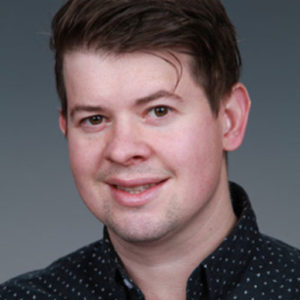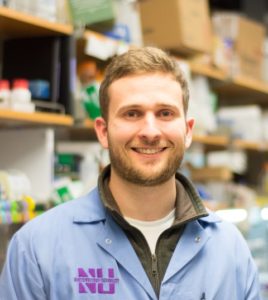
Ramon Gonzalez
Dr. Ramon Gonzalez is a Professor and Florida World Class Scholar in the Department of Chemical & Biomedical Engineering at the University of South Florida (USF) where he leads the laboratory for Metabolic Engineering and Biomanufacturing. He is the Editor-in-Chief of the Journal of Industrial Microbiology & Biotechnology. Before joining USF, Dr. Gonzalez was a Professor in the Departments of Chemical & Biomolecular Engineering and Bioengineering at Rice University, the Founding Director of Rice’s Advanced Biomanufacturing Initiative, and from 2012 to 2015 served as Program Director with the Advanced Research Projects Agency-Energy (ARPA-E) of the U.S. Department of Energy. Dr. Gonzalez’s work has been published in prestigious scientific journals, including Nature, Nature Biotechnology, Nature Chemical Biology, PNAS, and Science. He is the lead inventor in 25 patents and patent applications, co-founded several biotechnology start-ups, and has given more than 100 invited talks. He is also a member of the editorial boards of Science, Biotechnology Journal, and Metabolic Engineering Communications. Dr. Gonzalez has received numerous recognitions, including elected Fellow of the American Institute for Medical and Biological Engineering, AIChE Division 15c Plenary Lecture, ASM Distinguished Lecturer, SDA/NBB Glycerine Innovation Research Award, and NSF CAREER Award. He obtained a Ph.D. in Chemical Engineering from the University of Chile, an M.S. in Biochemical Engineering from the Pontifical Catholic University of Valparaíso (Chile), and a B.S. in Chemical Engineering from the Central University of Las Villas (Cuba).





